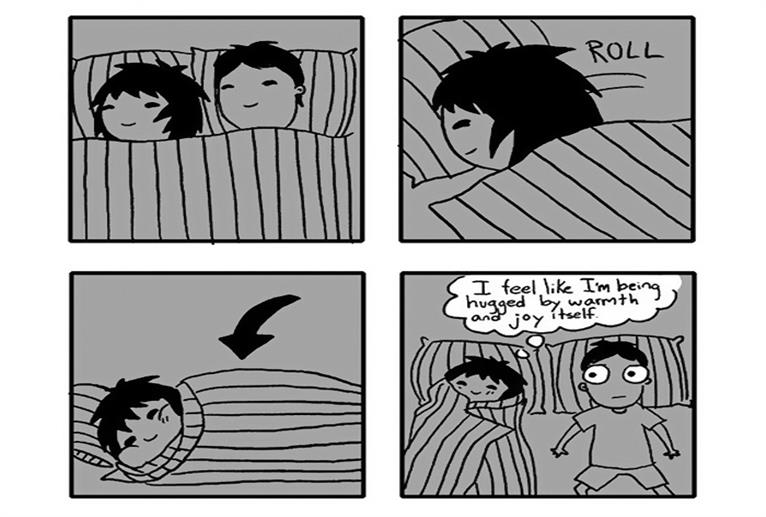Loneliness, constant anxiety, fear for the child, loss of interest for life, ideas about self-destruction, despondency and irritability are signs of PND (postnatal depression). At the same time the woman feels guilty in front of the child which makes her think of herself as a bad mother. According to statistics, between 5 and 7 out of every 10 women suffer from some level of depression after giving birth.
Most mothers are afraid to admit to themselves, let alone to other people that their child is a source of unpleasant emotional stress. If a woman can’t manage her new condition and isn’t getting the support she needs from people close to her, it’s highly probable that the burdensome condition will worsen and last for months, even years.
The mother’s state is passed on to her baby. Instead of warmth and tenderness, he or she receives from the person closest a sense of alarm, uncertainty and sorrow. Researchers emphasise that a mother’s depression can cause problems with the child, beginning with development, sleep patterns, behaviour and even leading to certain mental disorders, in particular a tendency towards depression. These children are more troubled, lonely, less sure of their mother’s love and therefore of themselves.
Postnatal depression is suffered by a mother following childbirth, typically arising from the combination of hormonal changes, psychological adjustment to motherhood, and fatigue

Loneliness, constant anxiety, fear for the child, loss of interest for life, ideas about self-destruction are signs of PND

At the same time a woman feels guilty in front of the child which makes her think of herself as a bad mother

According to statistics, between 5-7 out of every 10 women suffer from some level of depression after giving birth

Most mothers are afraid to admit to themselves, let alone to other people, that their child is a source of unpleasant emotional stress

If a woman can’t manage her new condition and doesn’t get the support she needs, it might get worse and last for months, even years

The mother’s state is passed on to her baby. Instead of warmth and tenderness, he/she receives a sense of alarm, uncertainty and sorrow

This can cause problems with the child, beginning with development, sleep patterns, behaviour and even leading to certain mental disorders

These children are more troubled, lonely, less sure of their mother’s love and therefore of themselves






